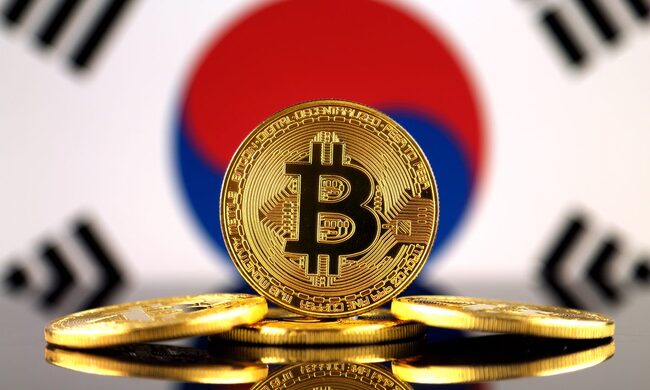Highlights:
- South Korea’s Digital Asset Basic Act creates stablecoin licensing and strengthens crypto oversight.
- The new bill requires stablecoin issuers to hold equity and secure reserve funds.
- President Lee backs won-based stablecoins to keep capital in South Korea.
South Korea’s Democratic Party has formally introduced the Digital Asset Basic Act, which seeks to create a licensing framework for stablecoins and strengthen oversight across the crypto industry. Speaking at a press conference on Tuesday, lawmaker Min Byeong-deok confirmed the bill’s submission. He said the new law will make crypto more transparent and protect investors. It also aims to help South Korea lead in the global digital economy.
Digital Asset Basic Act Sets New Standards for Crypto in South Korea
The Digital Asset Basic Act adds to the Virtual Asset Investor Protection Act, which started in July 2024. The older law mainly focused on investor safety. The new bill goes further by defining digital assets, setting up license rules, and giving the Financial Services Commission more control.
The bill states that South Korean firms can issue stablecoins only if they have at least 500 million won (about $368,000) in equity capital. They are also required to back the stablecoins with reserves to ensure refunds. They also need authorization from the Financial Services Commission, South Korea’s top financial regulator.
The Digital Asset Basic Act goes further than stablecoins, aiming to define digital assets and how they apply to service providers. It also suggests forming a Digital Asset Committee under the president’s supervision. In addition, the bill plans to set legal grounds for punishing unfair activities in the crypto market.
Global Stablecoin Regulations Inspire South Korea’s Legislative Path
This move supports President Lee Jae-myung’s recent pledge to back a Korean won-based stablecoin market. His goal is to stop domestic capital from leaving the country through stablecoins tied to foreign currencies. Min, who led the digital asset committee during President Lee’s election campaign, played a key role in shaping this proposal.
After winning the snap election on June 3, opposition leader Lee became South Korea’s new president. In a May policy discussion, he shared that building a Korean won-backed stablecoin market could help stop national wealth from moving overseas. He also proposed allowing South Korea’s national pension fund to invest in Bitcoin and other cryptocurrencies. He further pledged to approve the launch of Bitcoin exchange-traded funds (ETFs) within the country.
🚀🇰🇷HUGE WIN FOR CRYPTO! South Korea elects pro-crypto Lee Jae-myung as President! 🔥
Pledging to legalize spot #Bitcoin ETFs & launch a won-backed stablecoin, he’s set to make SK a global crypto hub! #LeeJaeMyung #SouthKorea pic.twitter.com/Zl6MCCBwHy
— Crypto Technical Minds (@ct_minds) June 4, 2025
Stablecoin rules are also being introduced in many other regions. In the United States, lawmakers are working to pass the Genius Act, which has support from President Donald Trump. Meanwhile, Hong Kong has already approved a law requiring stablecoin issuers to be licensed—much like what South Korea’s new bill aims to do. Min also noted that the U.S., EU, and Japan have broader rules for issuing, trading, and using digital assets.
Best Crypto Exchange
- Over 90 top cryptos to trade
- Regulated by top-tier entities
- User-friendly trading app
- 30+ million users
eToro is a multi-asset investment platform. The value of your investments may go up or down. Your capital is at risk. Don’t invest unless you’re prepared to lose all the money you invest. This is a high-risk investment, and you should not expect to be protected if something goes wrong.






